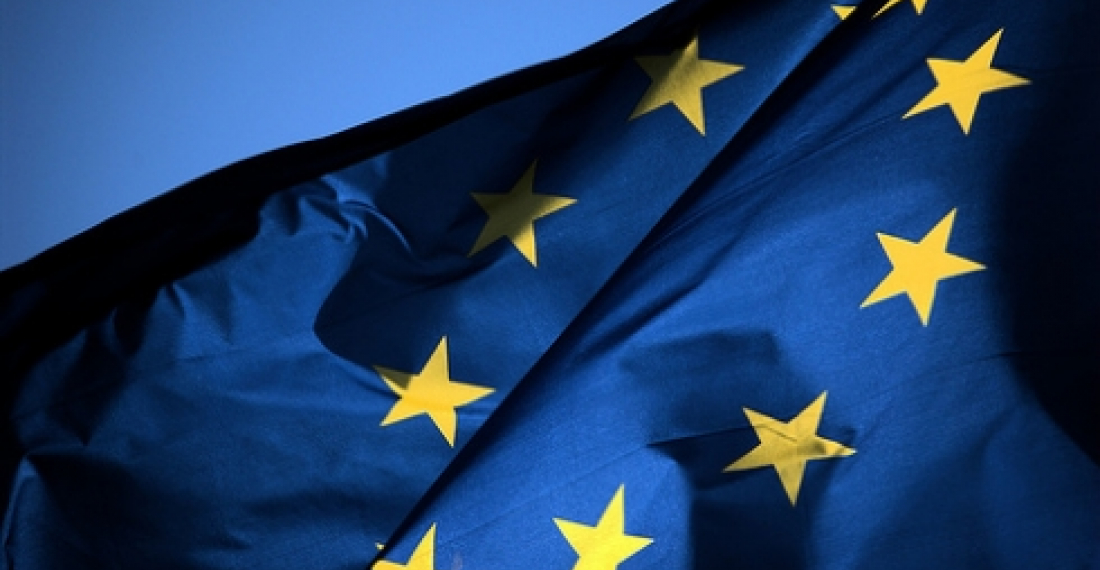Almost three quarters of Armenians see the European Union as an important partner, with most also having a positive image of the EU.
More and more Armenians also feel that the EU promotes good governance and peace and stability in the country. These were just some of the findings to emerge in the third in a series of polls carried out at six-month intervals between December 2009 and November 2010. The results are part of the EU-funded Opinion Polling and Research (OPPOL) project, funded under the 2007-2010 European Neighbourhood and Partnership Instrument (ENPI) regional information and communication programme.
The three waves of opinion polls summarize the outcomes of 400 interviews with members of the general public in Armenia, and are designed to generate better information about awareness, understanding and perception of the EU and the role it plays in the partner countries. The final poll also sought to identify evolving perceptions of the EU.
Among other findings, the latest poll found that more and more Armenians identify fighting corruption as a key challenge for the country, overtaking ensuring healthy economic growth. The poll also suggests that Armenians are also becoming less worried about security and defence.
source: www.enpi-info.eu







